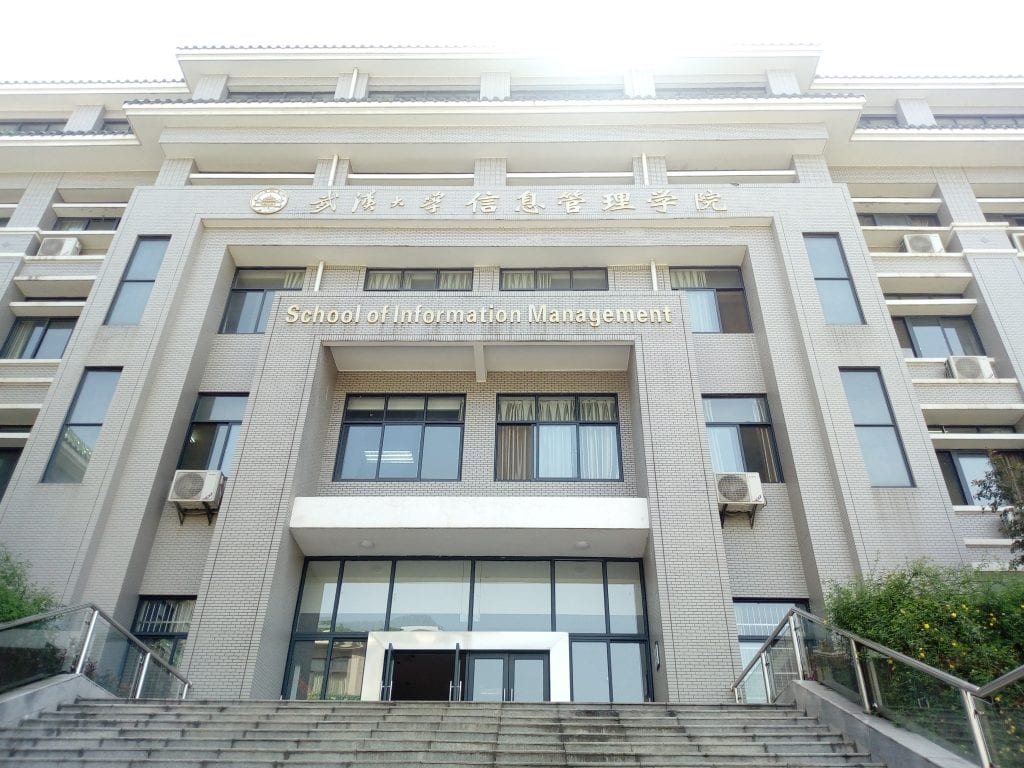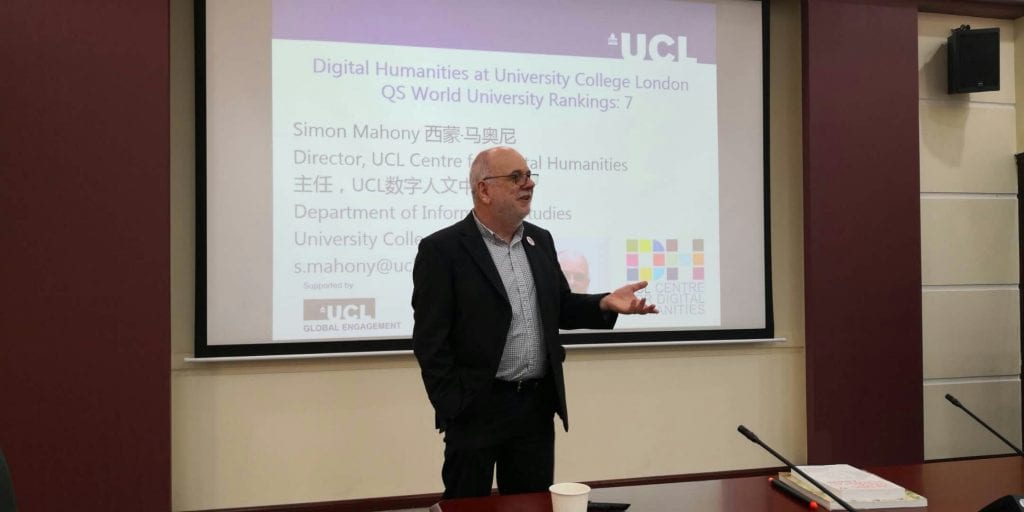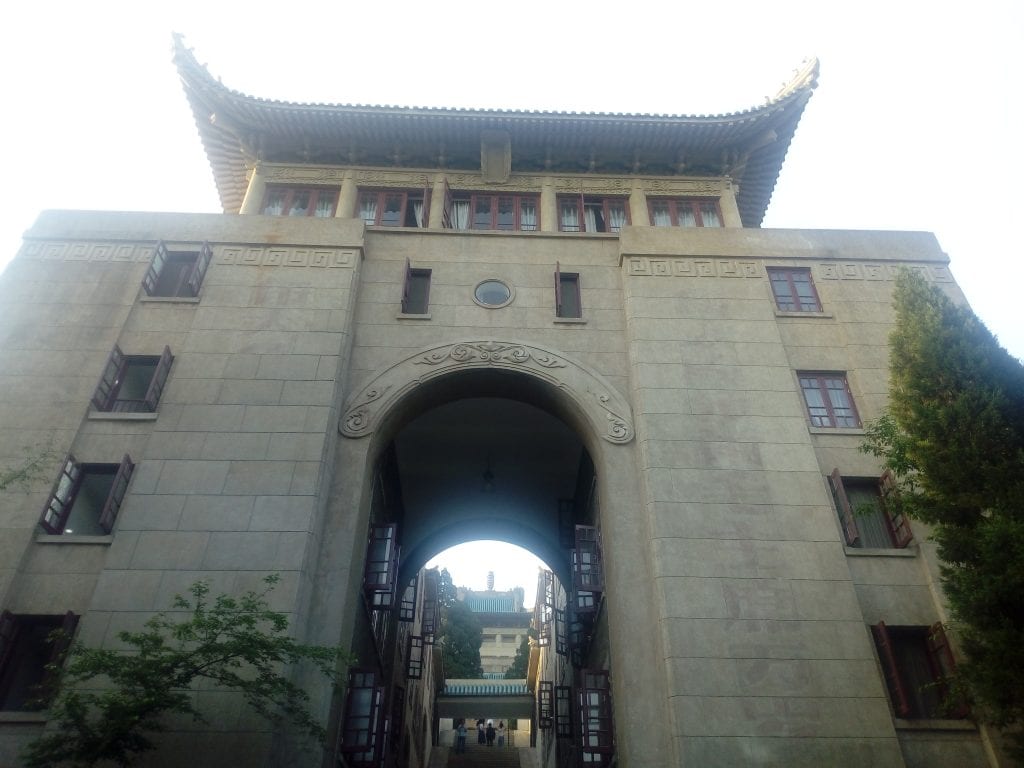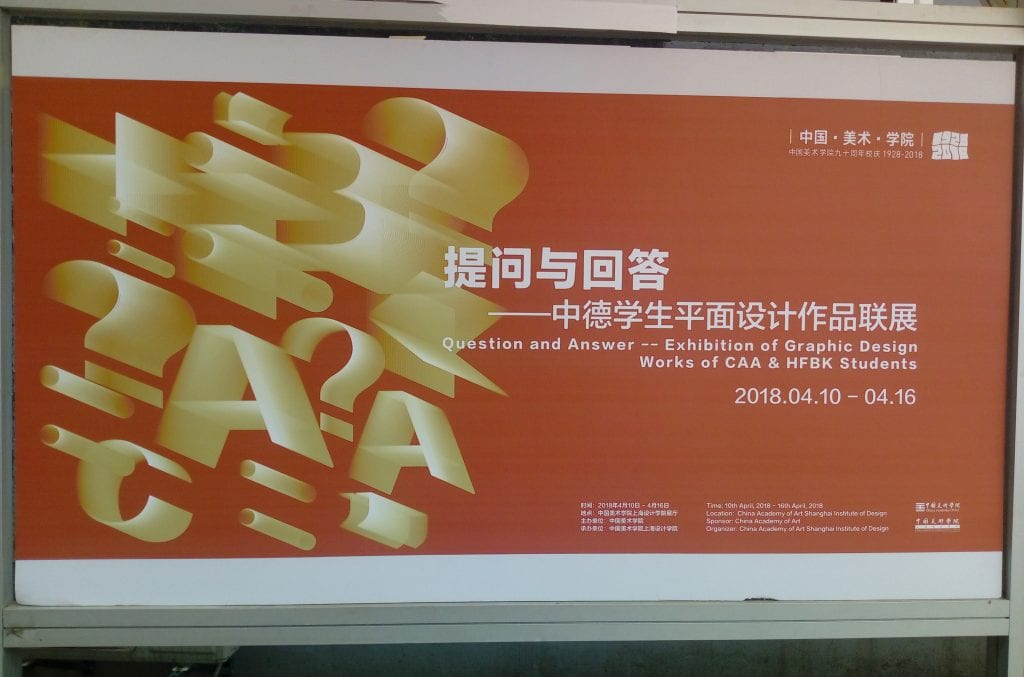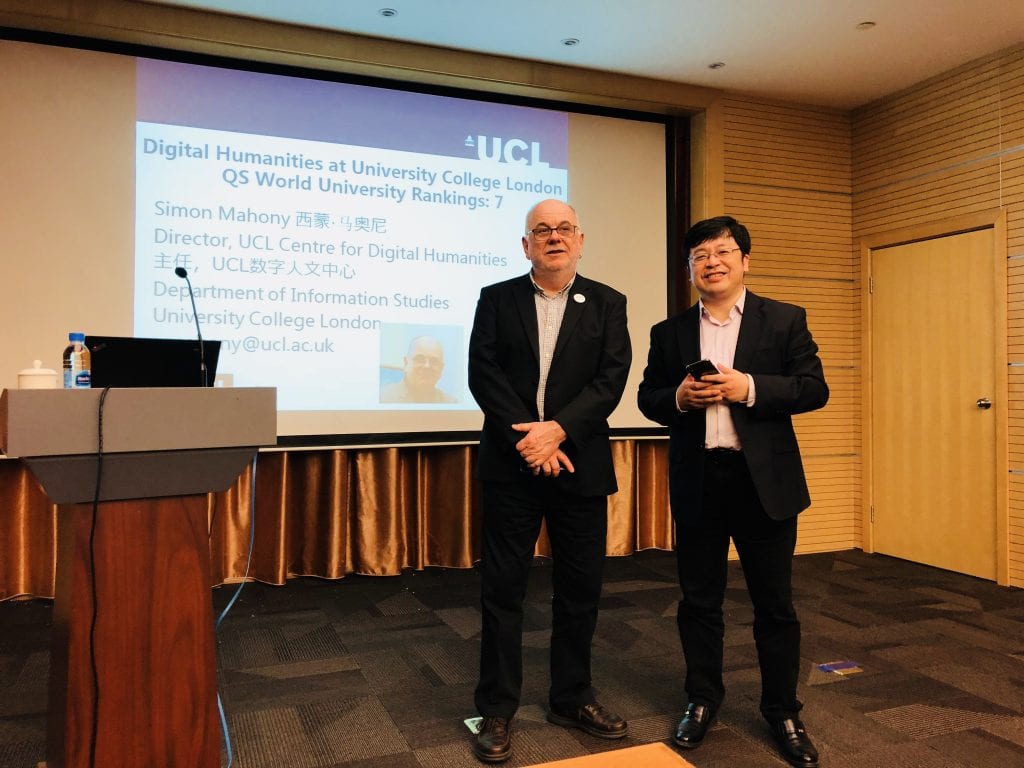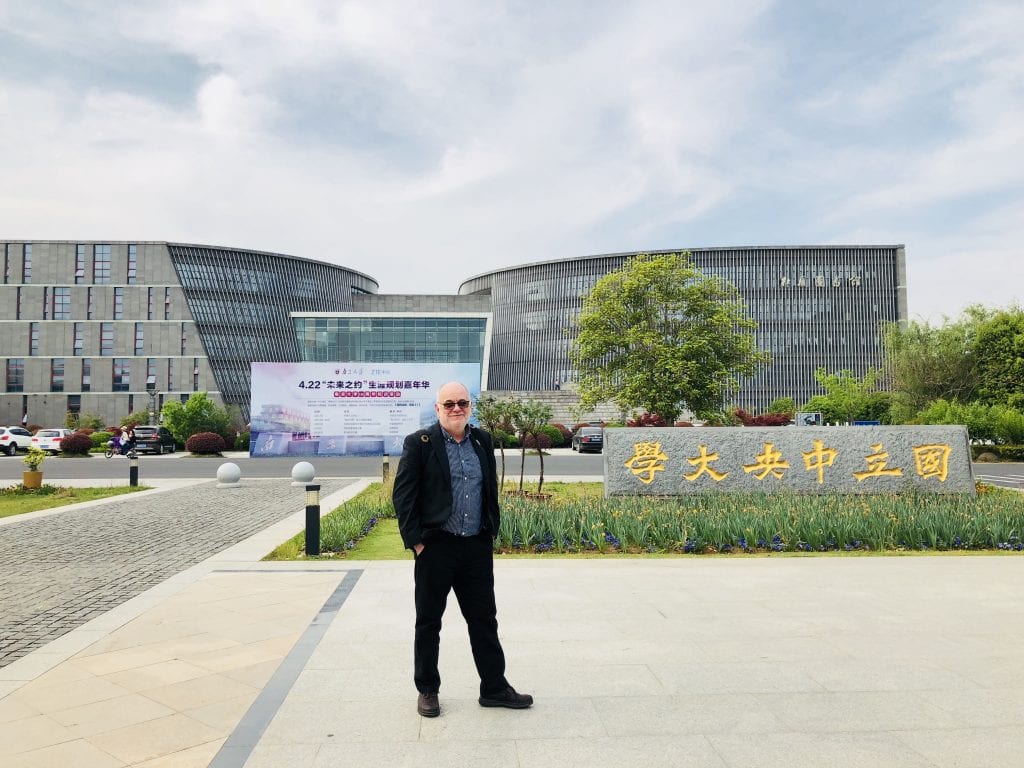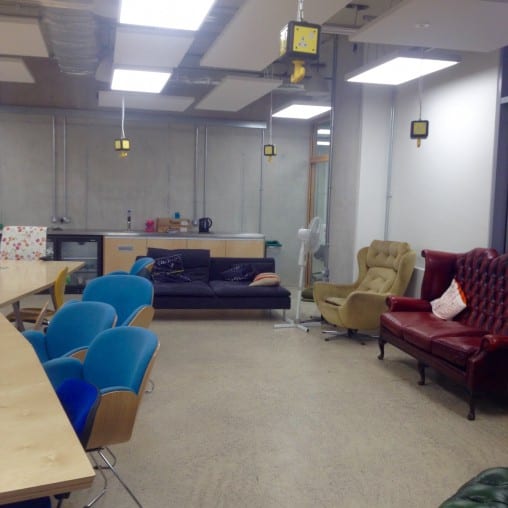Report on the Explore Archives event at the Marx Memorial Library
By Lucy Stagg, on 26 November 2020
Report written by Marco Humbel
The Marx Memorial Library (MML) and UCLDH/DIS regularly collaborate for facilitating research projects, student seminars and work placements. On the 16th October 2020 the MML held the online event ‘Explore Archives: Marking the centenary of the foundation of the Communist Party’. ‘Explore Archives’ was funded and co-organized by the Society for the Study of Labour History. The event’s objectives were to map archival resources on the Communist Party, spark interest for further areas of inquiry, and to develop archival research skills of attendees.
Professor Mary Davis (Royal Holloway, University of London/MML) introduced the field of historical research on the Communist Party in the first session. Davis reflected for this purpose on the research process on the new book ‘A centenary for Socialism: Britain’s Communist Party 1920-2020’, which she edited. The publication provides an extensive overview on the history of the party from political, economical and ideological perspectives. Yet, numerous areas have the potential to be investigated further, such as the history of women, trade unionism, or international solidarity.
The following panel discussion included contributions from Simon Sheppard (People’s History Museum), Lesley Ruthven (Goldsmiths, University of London), and Meirian Jump (MML). The session was chaired by Janette Martin (John Rylands Library). Each of the archives has its own focal point and unique resources. Particular strength of the People’s History Museum is for instance the minutes of the Communist Party’s central bodies like the Executive Committee, the national congresses, or the Women’s Department. The museum is also custodian of personal papers of prominent party members, like James Klugmann or the historian Dona Torr. The personal papers of another party’s historian – Noreen Branson – can be found in the MML. The Marx library also holds the papers of London branches of the Communist Party, including Bethnal Green and Hornsey, as well as collections that document international campaigns, such as the Aid Spain Movement. As a specialized collection for performing arts and social sciences, the Archives of Goldsmith’s University of London holds various song books from the labour movement, and among others the personal papers of drama scholar and party member Margot Heinemann.
The final session was titled ‘Access To Digital Resources Workshop’. Marco Humbel (UCL/MML) started the presentation with outlining the MML’s rational for its digitization activities, and the criteria for selecting collection items for digitization. The main part of the workshop aimed to map the digital resources available on the Communist Party online, including the photograph collection of the Daily Worker/Morning Star, the Aid Spain Banners and the poster collection. The session closed with an overview on the UK Archives Hub, and the Social History Portal. Both platforms facilitate to search across multiple archival repositories. Thus, they can be the starting point for exploring other archives specialized on the labour movement like the library of Trade Union Congress, or Working Class Movement Library.
 Close
Close


